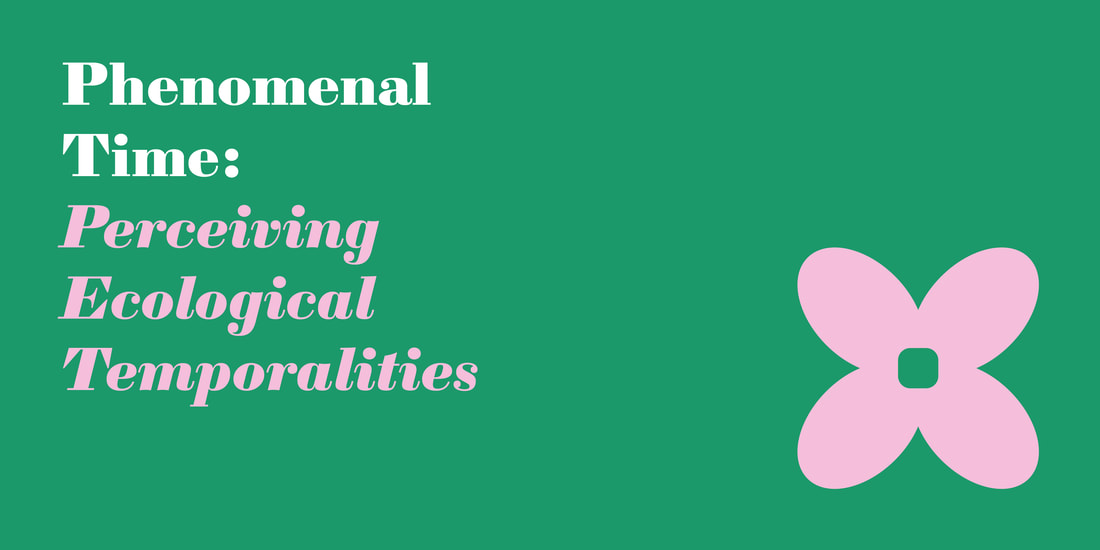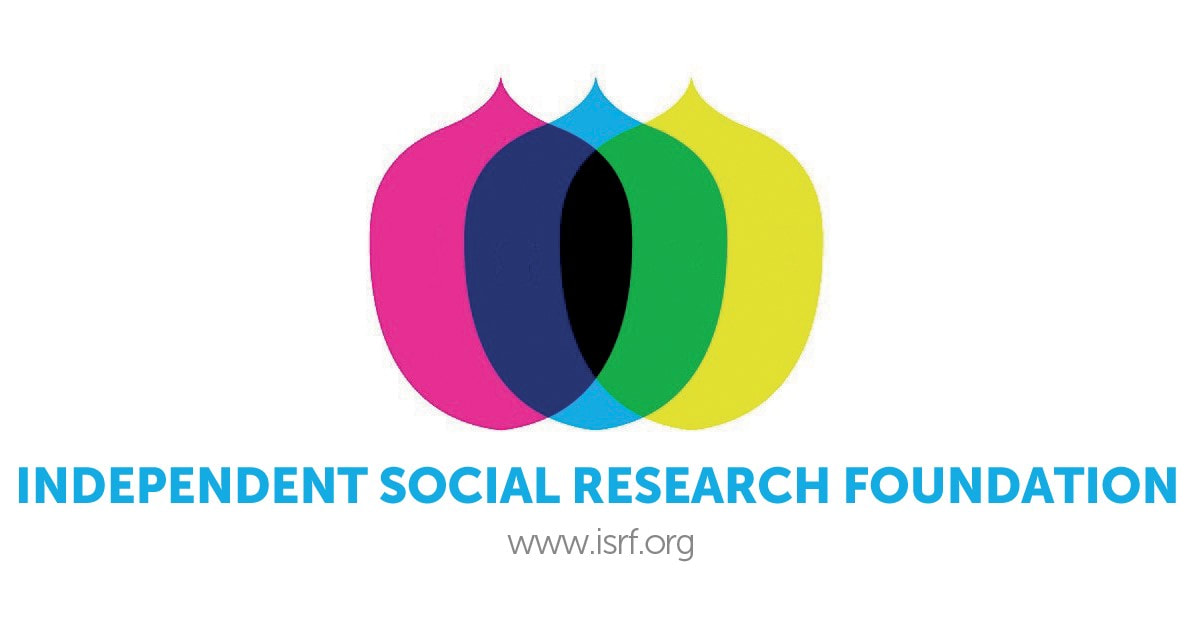|
Phenomenal Time: perceiving ecological temporalities An Edinburgh Environmental Humanities Network online seminar series Generously supported by the Independent Social Research Foundation and the Edinburgh College of Art It has become a truism that time is intangible, something that escapes our everyday senses. And yet, we find a wide range of calls within the Environmental Humanities (EH) to reconsider the conceptions of time that guide our understandings of process, coordination and social change. Anna Tsing (2015), for example, identifies ideologies of progress as particularly detrimental for efforts to cultivate ‘arts of attention’, proposing frameworks where time is multiple, interconnected and multi-directional. Here we are able to ‘look around’ for alternative possibilities rather than narrow ideas of what ‘lies ahead’. Others, however, have worried that a needed reorientation within time is hampered by a lack of awareness of other possibilities. Kyle Powys Whyte (2021) has recently challenged discourses of speed and haste in relation to climate change mitigation, which reinstate colonial processes of land dispossession, arguing instead for the responsibilities inherent within ‘kinship time’. We might also think of geologist Marcia Bjornerud, who has argued that humanity is in the grip of ‘chronophobia’ (2018), unwilling to truly understand the scale of geological time and suffering from a dangerous temporal illiteracy as a result. Other avenues for approaching temporal issues such as the ecological study of phenology, or the study of timing in plants and animals, have not yet been explored by EH scholars for their possibilities. This seminar series takes up the problem of how to conceive of alternative temporal frameworks through the problem of perception. How might we challenge the idea that time is intangible and instead foster an understanding of the ways time can be sensed in myriad ways within our environments? Our focus will be the work of scholars, artists, designers and practitioners who are exploring the question of "what is time?" from an ecological perspective, and how to encourage wider awareness of the ways these times appear in our everyday lives. A particular focus for us will be building connections with the field of phenology, drawing it into conversation with the arts and humanities. Each seminar will be hosted online via Zoom, with opportunities for informal discussion afterwards in SpatialChat. They will generally take place on Thursdays 1-2pm UK Time, with any changes noted below. Use this form to register: https://forms.office.com/r/peiLhVsc25 Semester One 2021 30 September Adam Barrows (Carleton University, Canada) Phenology, Rhythm, and Narrative Theory 14 October Rupert Griffiths (Lancaster University, UK) Time in the Anthropocene: Decentring the human through creative practice and environmental observation 28 October Elisabeth Schøyen Jensen (University of Bergen) The Primstav exercise - an engaging and creative way to draw, think and talk about local seasons and climate adaptation 11 November Kate Wersan (Savanna Institute) Transforming Agricultural Temporalities in the US Midwest 25 November Laura Denning (Artist) & Deepta Sateesh (Srishti Institute of Art, Design and Technology) Temporal Wanderings - tactics for an embodied methodology 16 December Samantha Chisholm Hatfield (Oregon State University) Phenology and Traditional Ecological Knowledge NB: This seminar will be at 3pm UK time, with solstice celebrations after! Semester Two 2022 27 January Carolyn Fornoff (University of Illinois at Urbana-Champaign) Timescales and Simultaneity in Contemporary Mexican Environmental Rewriting 3 February Bismark Ofosu-Bamfo (University of Energy and National Resources, Sunyani, Ghana) Phenology in Africa: Better late than never! 10 February Angela Impey (SOAS) Remote and Intimate Sensing: Ethno-ornithology, climate change, and the soundworlds of the Africa-Eurasia flyways CANCELLED DUE TO STRIKES 17 February Elaine Gan (New York University) Doing Difference Differently: Recurrence in California Rice Fields 3 March Joshua Trey Barnett (Penn State University) A Time to Mourn: How Phenology Sets Our Ecological Grief Into Motion 17 March Sarah Dimick (Harvard University) Entwined Practices: Phenology and American Nature Writing 31 March Rebecca Hosking (Farmer), Ann Filemyr (Southwestern College) & Elizabeth Oriel (SOAS) Rhythm as Interdependence within Natureculture Relations and as Frames for Ecocultural Regeneration 14 April (RESCHEDULED) Elaine Gan (New York University) Doing Difference Differently: Recurrence in California Rice Fields Supported by:
14/9/2021 06:52:07 pm
I am currently writing a book on lichen fungal and moss temporalities in contemporary fiction. I was very happy to come see that other scholars are also interested in vegetal time. I am eagerly looking forward to the course!
Michelle
15/9/2021 01:01:05 pm
Wonderful to hear Patrycja - looking forward to meet you at one of the seminars, and do sign up here https://forms.office.com/r/peiLhVsc25 if you haven't already.
Ruping
20/9/2021 07:01:04 am
wonderfully,i am looking forward to meet those famous professors. Comments are closed.
|
Archives
November 2022
Categories
All
|
||||||



 RSS Feed
RSS Feed
